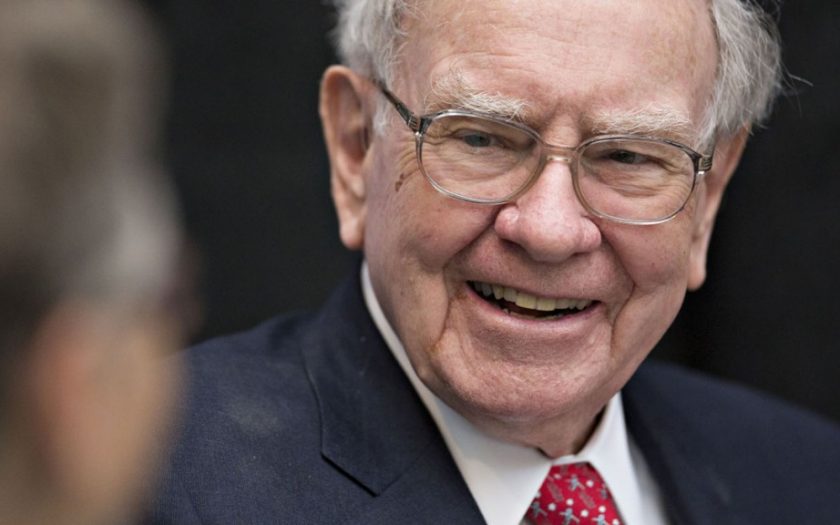
At MoneyWeek, we’re firm believers in the benefits of passive investing (with a few exceptions – see below). If you want to make proper returns from the markets, you’ve got to keep your costs down. And active fund managers charge way too much, as Merryn Somerset Webb never tires of pointing out (see here, here and here, for example).
And we’re not alone.
Eight years ago Warren Buffett, the world’s most famous stockpicker, made a bet. Over the course of ten years, said Buffett, the returns from a low-cost S&P 500 fund would easily beat a selection of hedge funds.
The precise bet, which you can see over at longbets.org, was that: “Over a ten-year period commencing on January 1, 2008, and ending on December 31, 2017, the S&P 500 will outperform a portfolio of funds of hedge funds, when performance is measured on a basis net of fees, costs and expenses.”
He was so confident that he put up $1m of his own money. On the other side of the bet sat New York firm Protégé Partners LLC, which invests in funds of hedge funds. If Buffett won, Protégé would pay $1m to the charity Girls Incorporated of Omaha; if Protégé won, Buffett would pay $1m to Friends of Absolute Return for Kids, Inc.
“Funds of funds with the ability to sort the wheat from the chaff will earn returns that amply compensate for the extra layer of fees their clients pay”, Protégé claimed.
Buffett disagreed. “The efforts smart people go to beating the markets are “self-neutralising”, he said. “Investors, on average and over time, will do better with a low-cost index fund than with a group of funds of funds.”
At Berkshire Hathaway’s annual shareholders meeting, held over the weekend, Buffett gave an update on how the bet was going (if you’re a fan of active investing, you might want to look away now).
In the eight and a bit years since the bet was made, the cumulative return for the tracker fund (the Vanguard 500 Index Fund) was 65.7%. The hedge funds (the precise funds chosen have remained a secret – something for which the fund managers may eventually be truly thankful) have returned just 21.9%.
There’s still almost a year and a half to go. But it would take some superhuman fund management to pull it back from here.
There are some exceptions to this rule, of course. We have our some of our own favourites in the MoneyWeek Investment Trust portfolio, selected by Merryn in 2012. The total return so far is over 50%. If you’d like to find out more about that, take out a subscription to the magazine now.